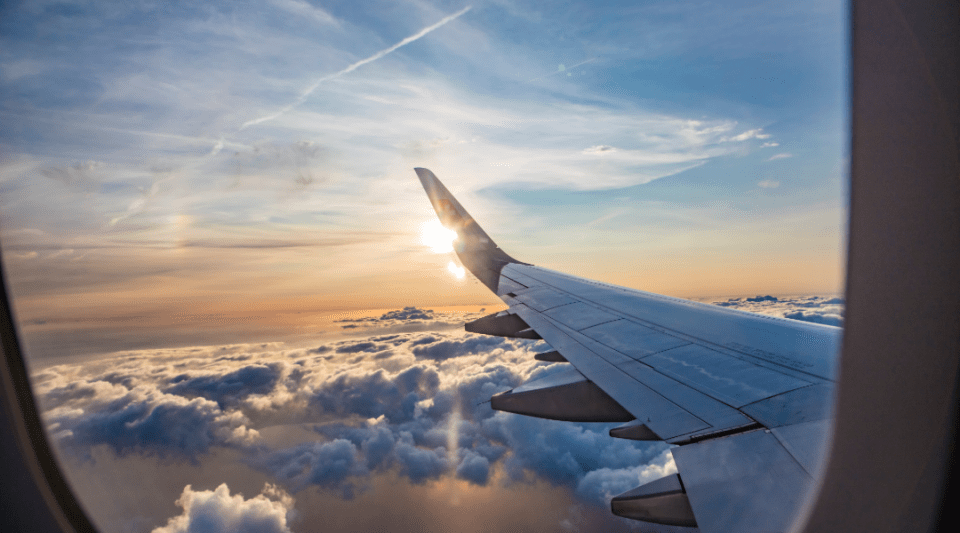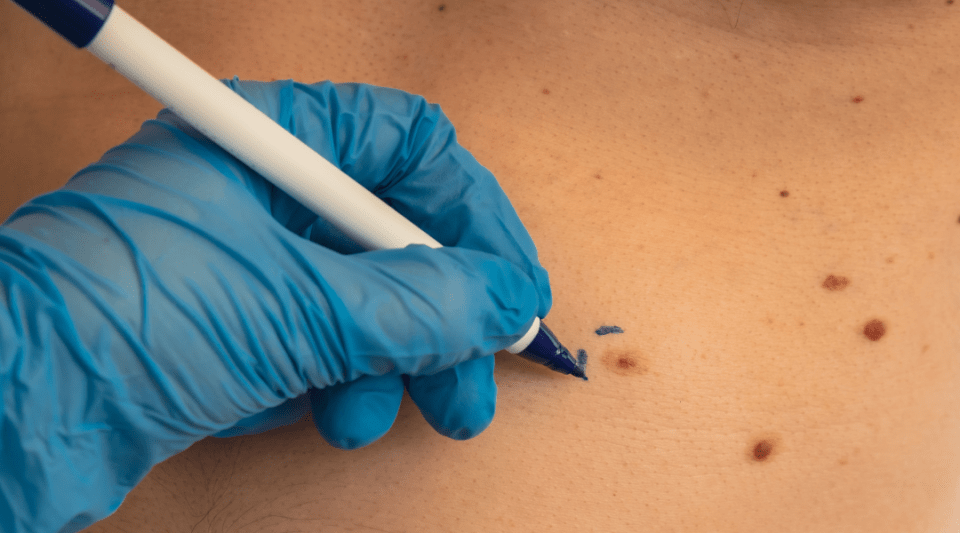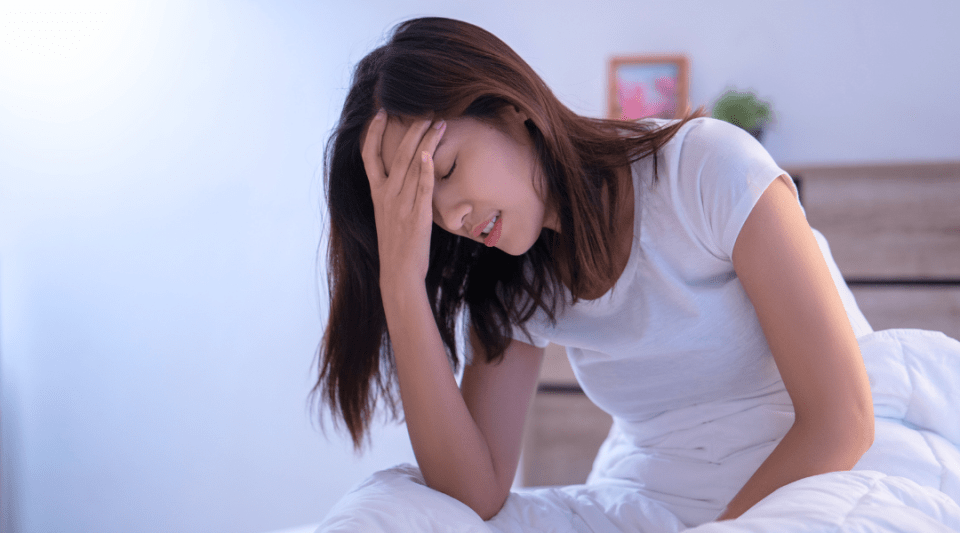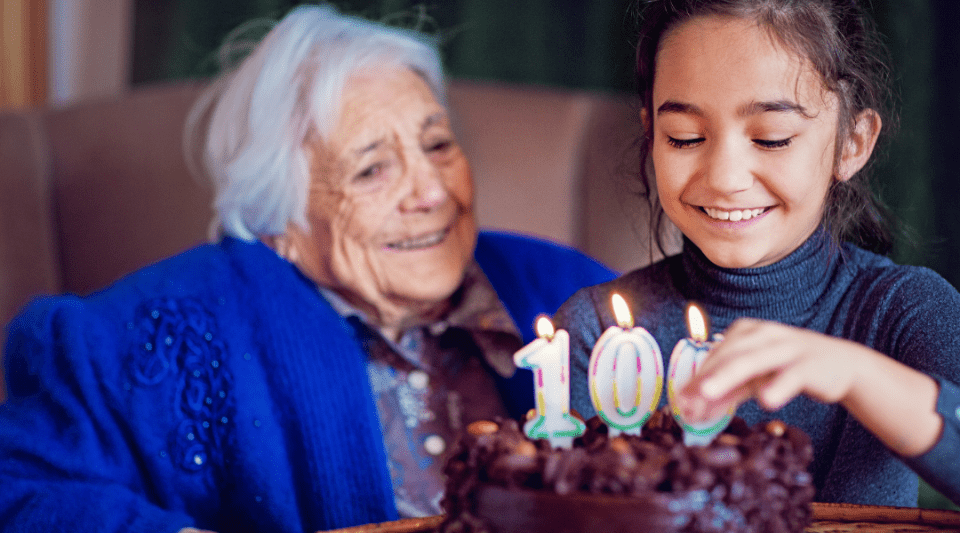Understanding Jet Lag
Jet lag is a problem affecting the circadian rhythm and occurs when travelling rapidly across time zones. The phenomenon can cause fatigue, insomnia, digestive problems and decreased cognitive performance.
Causes of Jet Lag
- Circadian rhythm disturbance: The internal biological clock is not synchronised with local time.
- Changes in light exposure: Sunlight is a key regulator of the sleep-wake cycle.
- Dehydration: Air travel can cause loss of liquids, worsening the symptoms.
Effective strategies for managing jet lag
Gradual adjustment of your sleep pattern
Planning ahead: You can start adjusting your sleep schedule a few days before you travel. This approach can significantly reduce jet lag symptoms.
Managing light exposure
Using light strategically: Exposure to bright light at specific times can help reset your circadian rhythm. Controlled exposure to light can speed up adaptation to the new schedule.
Adequate hydration
Staying hydrated: You should drink water regularly before, during and after your flight. Liquid loss can worsen jet lag symptoms and affect sleep quality.
Moderate exercise
Exercise lightly: Exercise can help regulate the circadian rhythm and be effective in mitigating the effects of jet lag.
Maintaining healthy sleep
Apart from jet lag, maintaining healthy sleep is crucial for overall well-being. Some key strategies to achieve this are:
Establishing a consistent sleep pattern
Regular schedule: You should go to bed and wake up at the same time every day, even at weekends. Consistency helps regulate your internal biological clock.
Create an ambience conducive to sleep
Optimise bedroom conditions
- Keep the room dark, cool and quiet.
- Sleep in a comfortable bed with pillows.
- Limit exposure to blue light before bed, as this has been shown to delay the onset of sleep quite significantly.
Practise sleep hygiene
To sleep well, there are healthy habits that can help you fall asleep, such as not drinking caffeinated or alcoholic drinks before bed, not eating heavy meals at night, and using relaxation techniques such as meditation or deep breathing.
Manage stress
Reducing anxiety at night is key. Stress can interfere with sleep quality. A study published in the journal Sleep Medicine found a strong relationship between stress at work and sleep problems.
Technology and sleep: two sides of the same coin
Technology and Benefits for Sleeping
Sleep tracking apps: These can provide valuable information about sleep patterns.
White noise devices: These help create a sound which is conducive to sleep.
Technology and Risks for Sleeping
Excessive exposure to screens: The use of electronic devices before sleeping should be limited. A paper published in the journal PNAS showed that the use of electronic devices before sleeping can delay the onset of sleep and negatively affect its quality.
The role of melatonin
Melatonin, known as the "sleep hormone," can be a useful tool to cope with jet lag and regulate the sleep cycle. However, its use should be supervised by a health professional.
The effectiveness of melatonin depends largely on the time at which it is taken, as taking it at the right time can help reset the biological clock.
Diet and Sleep
The food you eat can affect your sleep. Some foods that may promote better sleep include:
- Foods rich in tryptophan (e.g., turkey, milk and bananas)
- Fruit with natural melatonin (e.g., cherries)
- Relaxing herbal teas (e.g., chamomile, valerian)
A recent study found a positive relationship between the Mediterranean diet and better sleep quality.
Conclusions
Coping with jet lag and sleeping healthily require a holistic approach, combining strategies for adapting to your new sleep pattern, managing light exposure, implementing healthy sleep habits and using technology well. Adopting these habits can significantly help improve the quality of sleep and, consequently, overall health and well-being.




